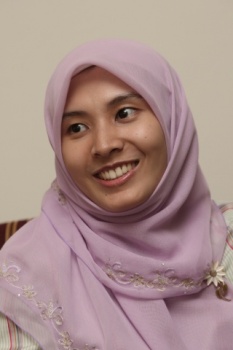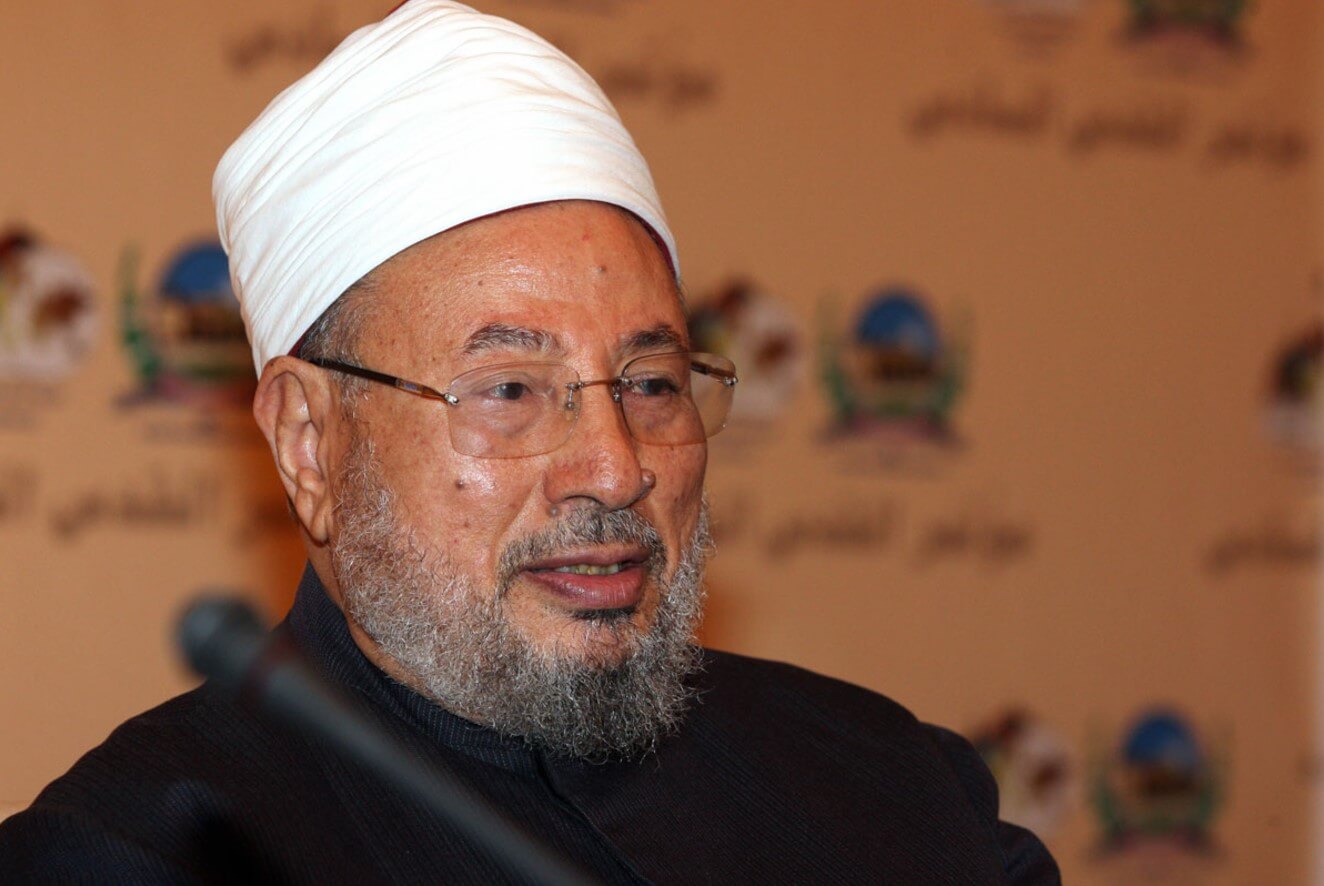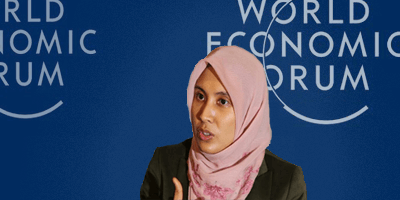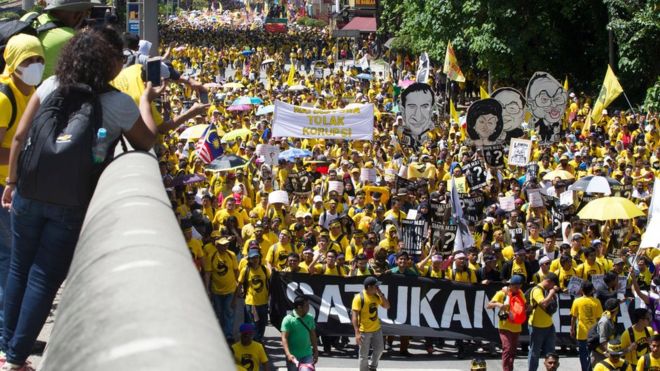IS’ crazed bloodlust continues. Their killings in Malaysia, Bangladesh, Turkey and Iraq, proving itself completely antithetical to their self-proclaimed idea of being the defenders of Islam.
It is time to act collectively to end the scourge. With the rising influence of extremist ideology, we need to advocate a multi-pronged approach to counter the escalation of violence by empowering youths to take part in society in constructive ways; depoliticising religion; and strengthening inclusive democratic institutions.
Many of these attacks share a common thread – that a striking number of perpetrators of terror are young. Youths must be engaged to take part constructively in society.
The two arrested suspects of the June 28 Puchong nightclub attack were 19 and 25 years old. Hand grenades were used in the attack that left eight people injured. Police have arrested two out of four male suspects, disclosing that the two men had acted under orders from the Malaysian branch of IS in Syria.
In Dhaka, Bangladesh, IS attackers held at least 20 people hostage last weekend, before killing them and two other policemen with sharp weapons.
In that incident, the two individuals involved were once students at a private university in Selangor.
We do not yet know if the two suspects of the Puchong attack were first indoctrinated with radical ideologies through local exposure, or if the two students who helped coordinate the Dhaka attack adopted extremist views during their stay in Malaysia. But the incidents point to IS roots in Malaysia.
In May this year, four young men, aged between 23 and 34 years old were sentenced to a minimum of 20 years in jail for promoting IS locally. It would hardly be a surprise if terrorist training, targeted at the youth, is being carried out in Malaysia.
To predatory extremists who seek to groom more of their own kind, youths are a vulnerable target.
Studies in psychology have found that a youth’s development is a “tumultuous biological, cognitive, social and emotional transition to adulthood”, and therefore easily impressionable.
Some may be attracted to the sense of belonging to an exclusive community while others may be enticed by the thrill that violence provides.
However, just as the youths are susceptible to ideologies of terror, they can also be just as receptive to progressive values.
Young people embody the promise for a better tomorrow, not the downfall of humanity.
Therefore, we need to harness this promise that they hold by empowering them through dialogue and inclusion.
At the very least, deradicalisation programmes and efforts to promote moderation instead of extremism must be conducted at university level.
Beyond mitigating the influence of terror, we must show the youths that they can live meaningful lives without violence.
We should provide them with opportunities to leverage their talents and realise their aspirations, not least education opportunities and jobs that match their capabilities. The appeal of IS as an avenue to lead one’s life with purpose must be debunked.
Second, our public discourse on religion needs to be depoliticised. As the future leaders of our nation, our youths follow in the footsteps of our country’s leadership.
Yet, many of our influential leaders have only added fuel to the flame that is the practise of Islam in Malaysia, turning it increasingly hostile and militant.
The Pahang mufti made a disturbing statement about those in disagreement on the implementation of hudud. Instead of fanning the flames of religious strife, religious authorities must show leadership by advocating inter-religious harmony.
One shining light shone when Federal Territories Mufti Datuk Dr Zulkifli Mohamad and the KL Archbishop Reverend Julian Leow Beng Kim met to openly discuss conflicts facing Malaysian Muslims and Christians.
The embrace they shared is a timely reminder of the importance of engagement in fostering understanding, tolerance and respect.
We must guard against worrying signs of religious extremism unfurling in countries such as Bangladesh, where political parties often appeal to extremist groups.
The country’s largest Islamist groups, such as the Hefazat-e-Islam and Jamaat-e-Islami, have yet to garner popular support, but already have enough political clout to not be taken lightly.
When religion is manipulated for political ends, a nation’s social and political fabric is shaken. The discourse on religion ends up polarising society – contrary to giving us strength based on faith and unity.
As we continue to play with fire in our religious discourse, religious extremism is gaining traction.
We must decriminalise legitimate dissent. Else, risk having the bottled-up anger and frustration unleashed through violent means.
Thus a credible and professional security apparatus – predicated on the rule of law helps provide legitimacy and stability in democratic institutions.
The police lose out if political forces dictate that more resources are spent to suppress legitimate dissent by innocent civilians, leaving little else available to counter violent threats.
If ever the governments of both Malaysia and Bangladesh lift the barricade against legitimate dissent, it is then civil society’s role to come together to adopt the role of reform and place issues on the social agenda, advancing their goals through methods of non-violent protest and persuasion.
By allowing the broader spectrum of citizens and political actors to take part with legitimacy in the democratic process, a country will then have more leverage/support for counter-terrorism efforts.
Religious terrorism is not a Bangladeshi problem, nor is it a Malaysian problem, or simply a Muslim problem.
Terrorism in the name of faith is a humanitarian problem. We must unite around the same message to condemn the wrongdoings of the fanatical few who have hijacked the message of peace, tolerance and mercy of Islam.
And the fight for humanity begins with the young.
Nurul Izzah Anwar is member of Parliament for Lembah Pantai. Comments: letters@thesundaily.com
source: http://www.thesundaily.my/node/380391






